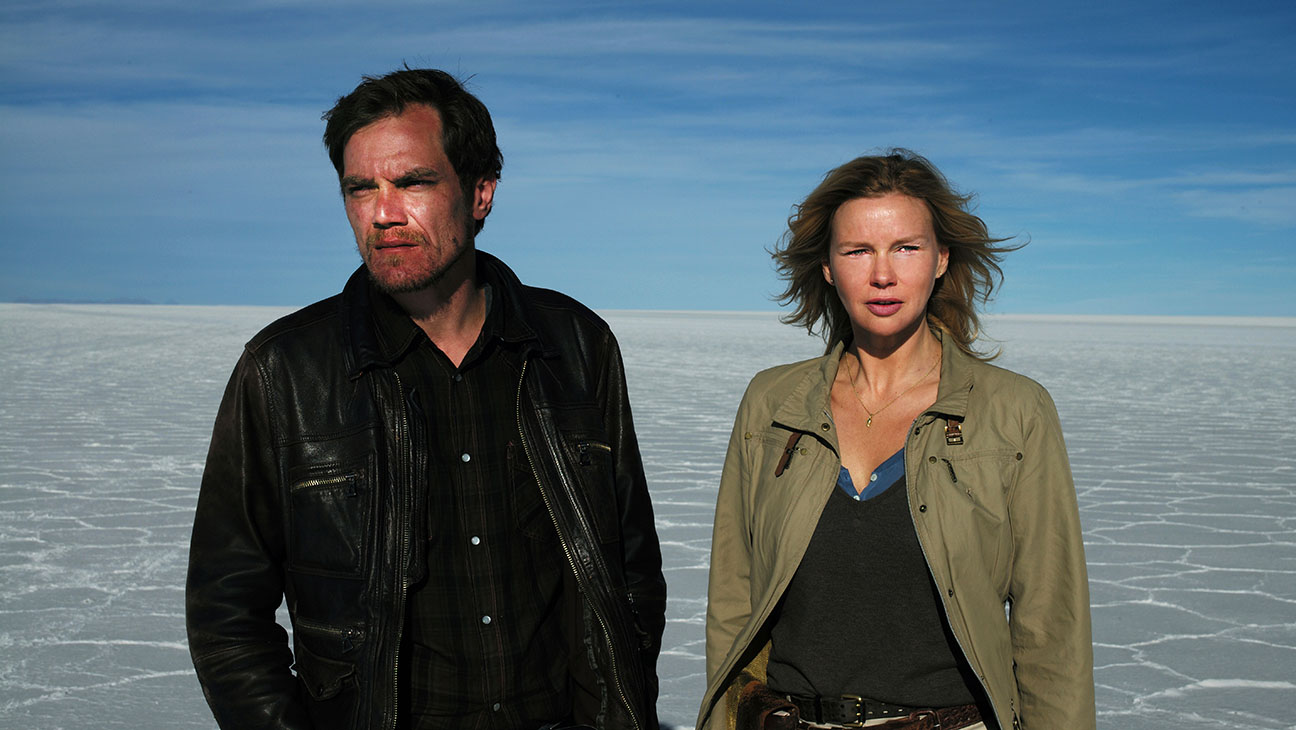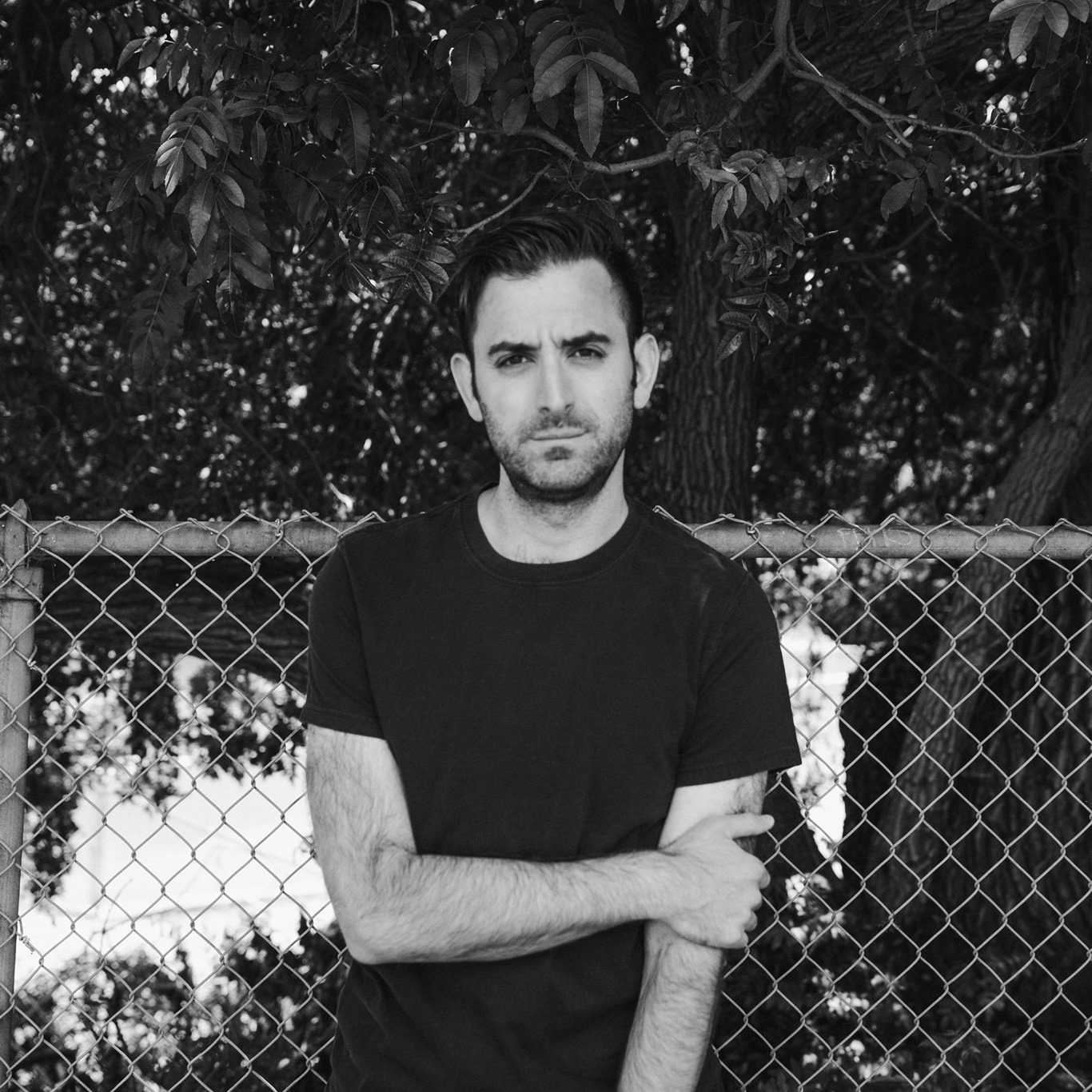Salt and Fire is a very difficult film to watch. Sometimes that phrase can be attributed to films that delve into intense subject matter or contain graphic and disturbing imagery, but Salt and Fire is at the other end of the spectrum; it’s boring as all hell! The plotting and direction of this snail of a film are kept so purposely vague and uninteresting until the final moments that it comes across less as the mystery that it intends and more like a rambling diatribe that you wish would get to the point. So to save you that same tedium, here’s the point: this movie sucks.
Laura (Veronica Ferres) and her two research associates—their names don’t matter, because despite their equal introduction they disappear from the film before too long—travel to Bolivia to report on an vague ecological disaster when they are detained and held captive by Matt Riley (Michael Shannon), the CEO of the company responsible for the event. The entire first act is little more than Laura and Matt shooting philosophical barbs at one another without giving the audience any context for their conflict, which makes it all the more jarring when Matt drops Laura off in the middle of a salt field at the base of an active volcano, abandoning her with two native blind children and minimal supplies.
The ultimate point that writer and director Werner Herzog is trying to highlight is that human beings were responsible for the terrible destruction that the salt flats have created, which are only expanding with little action being taken to prevent it. But by withholding so much information from the audience as to why Laura and her team are even going to Bolivia or why Matt is going to such excruciating pains to demonstrate a point that Laura would have reported back on anyway, the entire film becomes a waiting game to see if anything will make sense, and not only is the payoff obvious, its obscurity serves absolutely no purpose.
This is only further hampered by the writing and performances being uniformly terrible. Yes, even Michael Shannon. But look at what he has to work with. Every character speaks in stilted speeches that in no way sound realistic or even communicate as grand of ideas about nature and humanity as Herzog clearly wants his mouthpieces to impart, and the actors have all been directed to deliver their lines like a bunch of middle schoolers too bored to care about getting that precious drama credit. This only slightly improves once Laura is left abandoned with her two native charges, but only because we only have to listen to her talk to kids who don’t speak English and therefore won’t talk back, and even then we have to deal with the tedium of extended shots of the kids playing with toys and board games that serve only to kill time.
The one saving grace is that Herzog’s keen cinematographic eye captures the volcanic mountain, the salt flats, and the surrounding Bolivian countryside in rich color and gorgeous compositions, but if that was the goal, it begs the question as to why he didn’t just make another documentary. He’s much better at that, and if his goal with this film was to communicate a message of ecological conservation, a Herzog documentary would have been infinitely more likely to achieve that goal. Instead, we’re left with this bizarre lump of nothing that will make you wish you had an hour and a half of your life back. The title has it backwards. The proper treatment of Salt and Fire is to burn it to nothing and salt the ashes.













